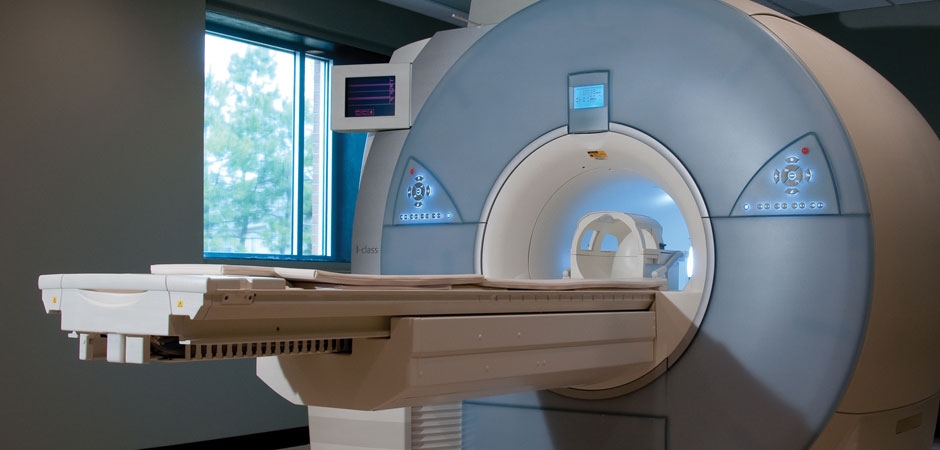
When people are recommended to have an X-ray or CT scan, a majority of them do not bother to ask whether they need it. You may assume that the decision the doctor makes about having a medical imaging test is final. Sometimes, medical imaging is not appropriate or necessary. Some imaging tests ordered by doctors do not outweigh the risks associated with the procedure, such as exposure to radiation. If you have been recommended to receive an imaging test, you may consult with a Sanford diagnostic imaging specialist to have it done. However, before you can get it, consider asking these essential questions to the doctor:
Are there risks involved?
A primary concern when getting tests such as X-rays and CT scans is radiation. Receiving large doses of ionizing radiation is likely to damage cells and could contribute to cancer. It is not still clear how medical imaging scans exactly affect cancer risk.
Most of the evidence available comes from the data regarding exposure to the atomic bombs from Hiroshima and Nagasaki in World War II. It is, therefore, difficult to extrapolate the risk to medical exposures. Individuals who were exposed to the bomb blasts showed an increased risk of developing cancer. So it makes it hard to compare a large, immediate exposure to radiation with the small repeated exposures patients get from medical tests.
While the risk of developing fatal cancer from a single scan is relatively smaller, about one in five, there is every reason to ask and know that information.
What do I expect from the tests?
Another thing you want to know is what you expect from the tests. You want to understand why the test is being performed. For instance, a CT scan is intended to locate and diagnose a lung or bone problem like pneumonia and fractures. It is also used to monitor and detect diseases such as cancer. The scan exposes you to larger amounts of radiation than you would get from the standard X-ray.
An ultrasound is used to evaluate a lump in the breast to help diagnose an infection or cancer possibility. It also helps check the thyroid gland and access the flow of blood through vessels. An ultrasound uses sound waves instead of radiation. So it presents no risk of radiation.
When it comes to an X-ray, it involves smaller amounts of radiation, so a patient sensitive to the contrast agent may experience reactions like hives, itching, or lightheadedness.
Must I undergo the test?
The decision to have a diagnostic test should be done in partnership with the doctor. It should be arrived at after carefully weighing your options. By and large, you find that it is necessary to have the test. However, in other cases, an imaging test is not required. If you have already received a certain condition diagnosis, having a scan may not influence your treatment. So you may want to say that you do not wish to receive the imaging test.
Knowing what to expect from a diagnostic imaging test helps you make a better decision. The best way is to work things out with the doctor to determine the best course of action. The test may or may not be necessary.